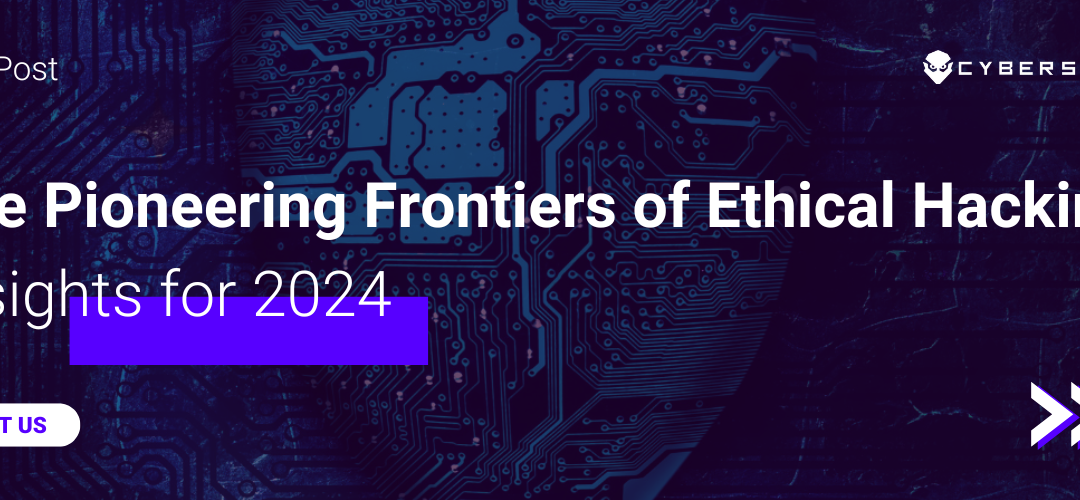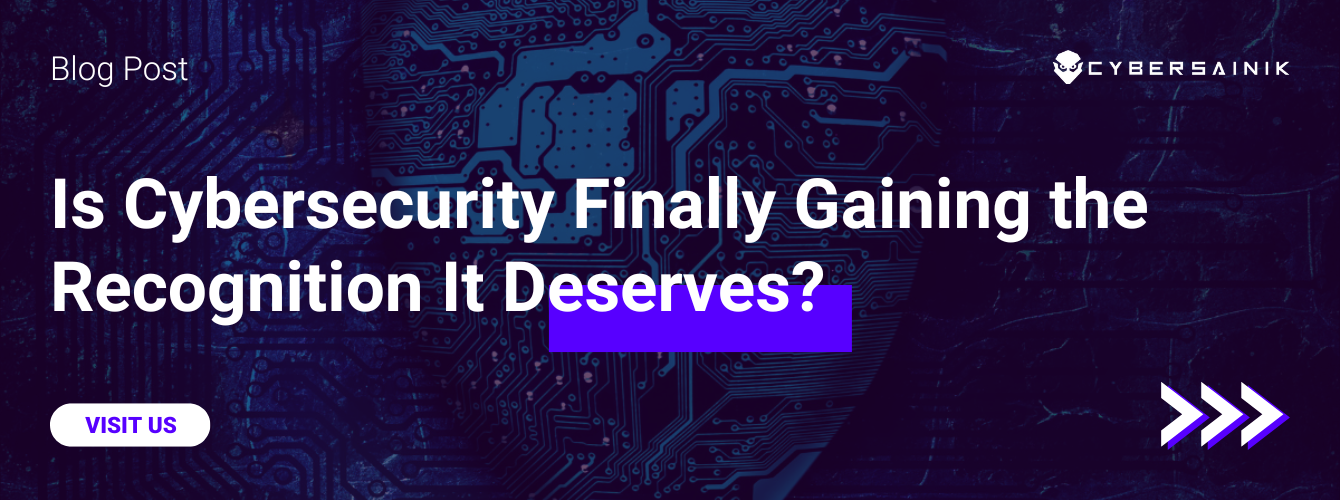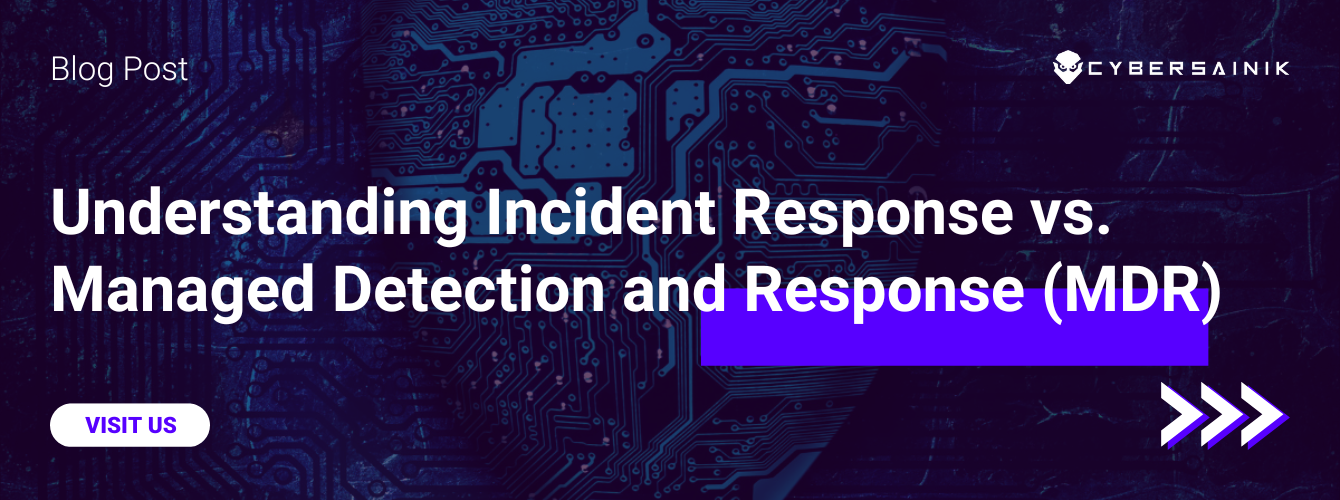As the digital frontier expands, ethical hacking has emerged as a crucial shield against the ever-evolving cyber threats. This blog delves into the latest trends, tools, and challenges in the ethical hacking landscape as we step into 2024, leveraging insights from recent research and developments.
The Evolving Role of Ethical Hackers:
Ethical hacking has transcended its early days of misconceptions to become a vital component of cybersecurity strategies. The justice department’s new stance on good-faith security research signifies this evolution, recognizing ethical hacking as a legitimate and crucial profession. The industries projected growth from $3.41 billion in 2023 to $10.24 billion in 2028 underscores its increasing importance.
Ethical Hacking in Practice:
Ethical hackers, or white hat hackers, operate under strict guidelines to improve organizational security. They must secure legal authorization, define assessment scopes clearly, maintain confidentiality, and erase all traces of their activities post-assessment. work is critical in identifying vulnerabilities that could lead to data breaches or other cyber incidents.
The Advancement of Tools and Strategies:
Kali Linux remains at the forefront of ethical hacking tools, with its 2024.1 release introducing new hacking tools, visual updates, and enhancements like the Micro Mirror Free Software CDN for optimized distribution. Additionally, techniques like red teaming and crowdsourced security via bug bounty programs have gained prominence for their effectiveness in simulating real-world attacks and identifying vulnerabilities.
Challenges and Future Directions:
The ethical hacking domain is not without its challenges. The gig economy nature of bug bounty programs and the ethical dilemmas surrounding grey hat hacking continue to spark debates within the communities. Furthermore, the integration of artificial intelligence in both offensive and defensive capacities is set to reshape the landscape. AI’s role in enhancing phishing attacks, and its potential in streamlining ethical hacking processes, presents new frontiers for cybersecurity experts to navigate.
Career Pathways and Skill Development:
Aspiring ethical hackers are encouraged to gain proficiency in programming languages, understand network architectures, and stay informed about the latest security vulnerabilities. Certifications such as the Certified Cybersecurity Consultant and Certified Ethical Hacker provide valuable knowledge and credibility in the field. The demand for skilled professionals is expected to rise in tandem with the global cybersecurity market’s growth, making this an opportune time for individuals interested in this career path.
Conclusion and Next Steps
As we step into 2024, the realm of ethical hacking remains vital in protecting our digital ecosystems. The increasing complexity of cyber threats underscores the growing need for adept ethical hackers dedicated to enhancing cybersecurity measures.
For individuals aspiring to forge a path in ethical hacking, or organizations looking to strengthen their cyber defenses, it’s essential to stay ahead with continuous learning and strategic security practices.
Explore further opportunities for growth and learning in cybersecurity with CyberSainik, a leading provider in the field, to ensure you are equipped for the challenges ahead in safeguarding digital assets and information.
Embrace the evolving digital landscape by enhancing your cybersecurity capabilities today.




